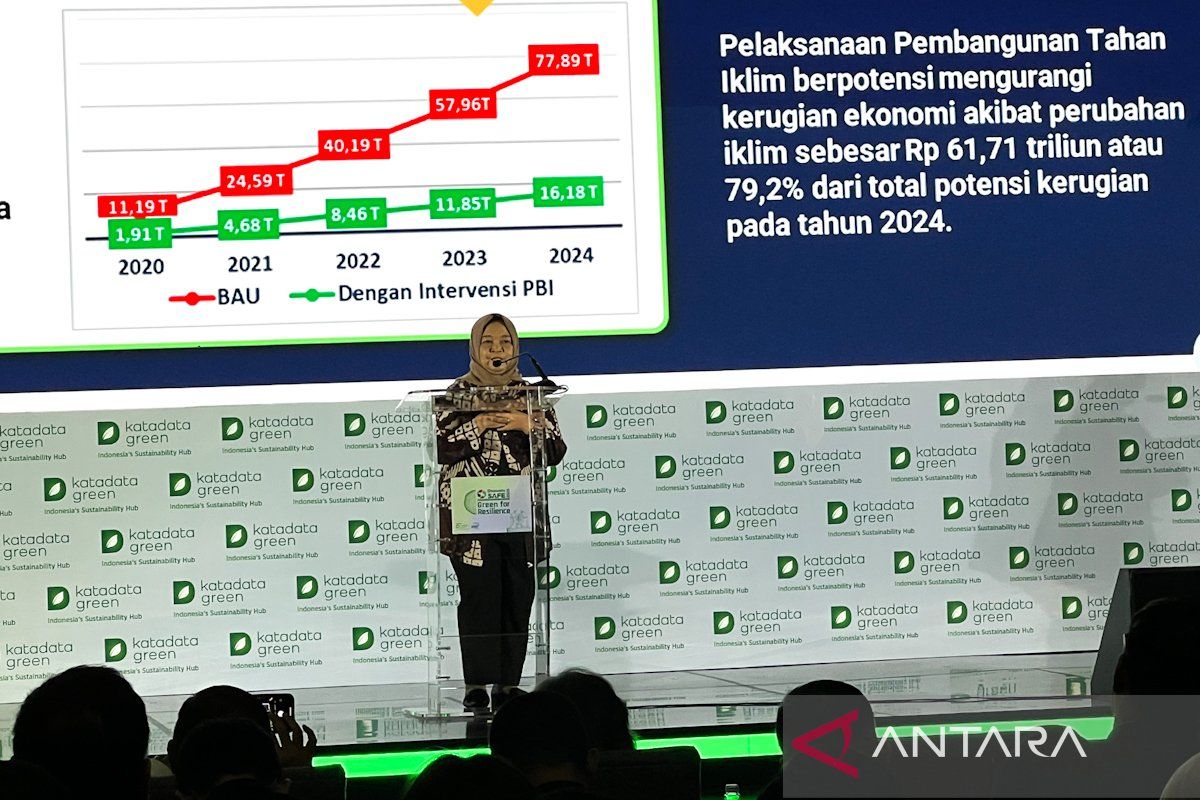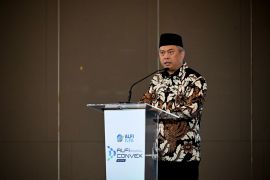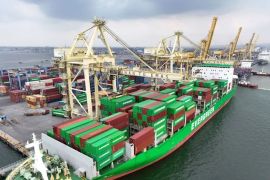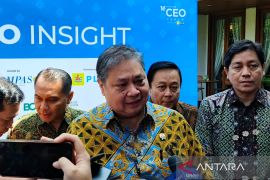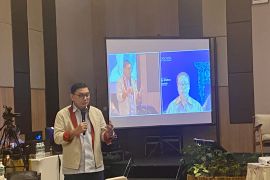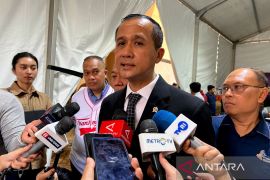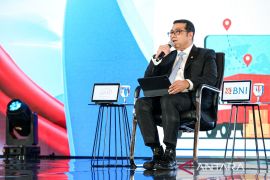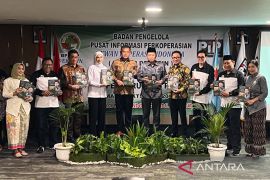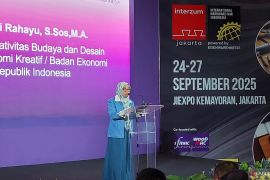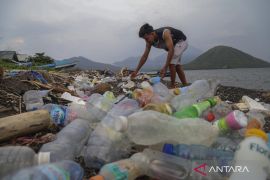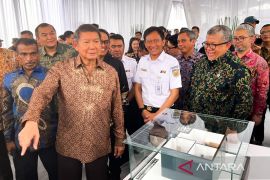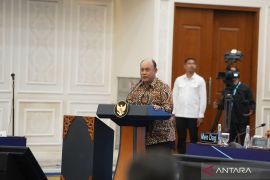“The bioeconomy is essentially an economic system that utilizes natural resources, and this is what we are currently promoting,” said Deputy for Food Affordability and Safety at the Coordinating Ministry for Food Affairs, Nani Hendiarti, during the Katadata Sustainability Action for the Future Economy (SAFE) 2025 event in Jakarta on Wednesday (Sept. 10).
Hendiarti emphasized the importance of developing the bioeconomy as a sustainable, resource-based model that could become a central pillar of Indonesia’s economic development amid climate and global challenges.
She described it as a strategic solution to reduce dependence on fossil resources, promote downstream processing of natural products, and ensure growth that aligns with environmental sustainability and ecosystem preservation.
In advancing the bioeconomy, the ministry highlights the need for harmony between human life and nature, ensuring that development policies generate economic benefits while maintaining long-term ecological balance.
“It’s also about how we create a harmonious relationship with the natural environment,” she said.
The ministry underscores food as the foundation of the people’s economy. Strengthening the bioeconomy is expected to broaden development impact, improve public welfare, and ensure the long-term sustainability of Indonesia’s economy.
Hendiarti noted that the ministry coordinates efforts across several government bodies, including the Ministry of Agriculture, the Ministry of Marine Affairs and Fisheries, the Ministry of Environment and Forestry, the National Food Agency, and the National Nutrition Agency.
Under the leadership of Coordinating Minister for Food Affairs Zulkifli Hasan (commonly known as Zulhas), the ministry has enacted 13 key regulations over the past eight to nine months, covering food, energy, the environment, and policy support for the bioeconomy.
Several additional regulations are in the final stages of preparation, underscoring the government’s commitment to building a strong legal framework that places food as a national development priority.
“There are about 13 regulations that have been issued, and others are still in progress or near completion. If we look at the scope, it’s broad and involves a lot of work. This really shows that food is at the center of the people’s economy,” Hendiarti said.
The bioeconomy is an economic system that uses biological resources such as plants, animals, and microorganisms sustainably to produce food, fuel, energy, and industrial products.
Its primary goal is to replace fossil-based products, reduce environmental exploitation, and enhance biodiversity through biotechnology and innovation.
The concept is often linked to the circular bioeconomy, which emphasizes reusing and recycling biomass to create a more environmentally friendly and sustainable economy.
Related news: Bioeconomy and ecosystem protection mutually reinforcing: Bappenas
Related news: Bioeconomy balancing Indonesia's conservation and economic development
Translator: Muhamad, Azis Kurmala
Editor: Primayanti
Copyright © ANTARA 2025
